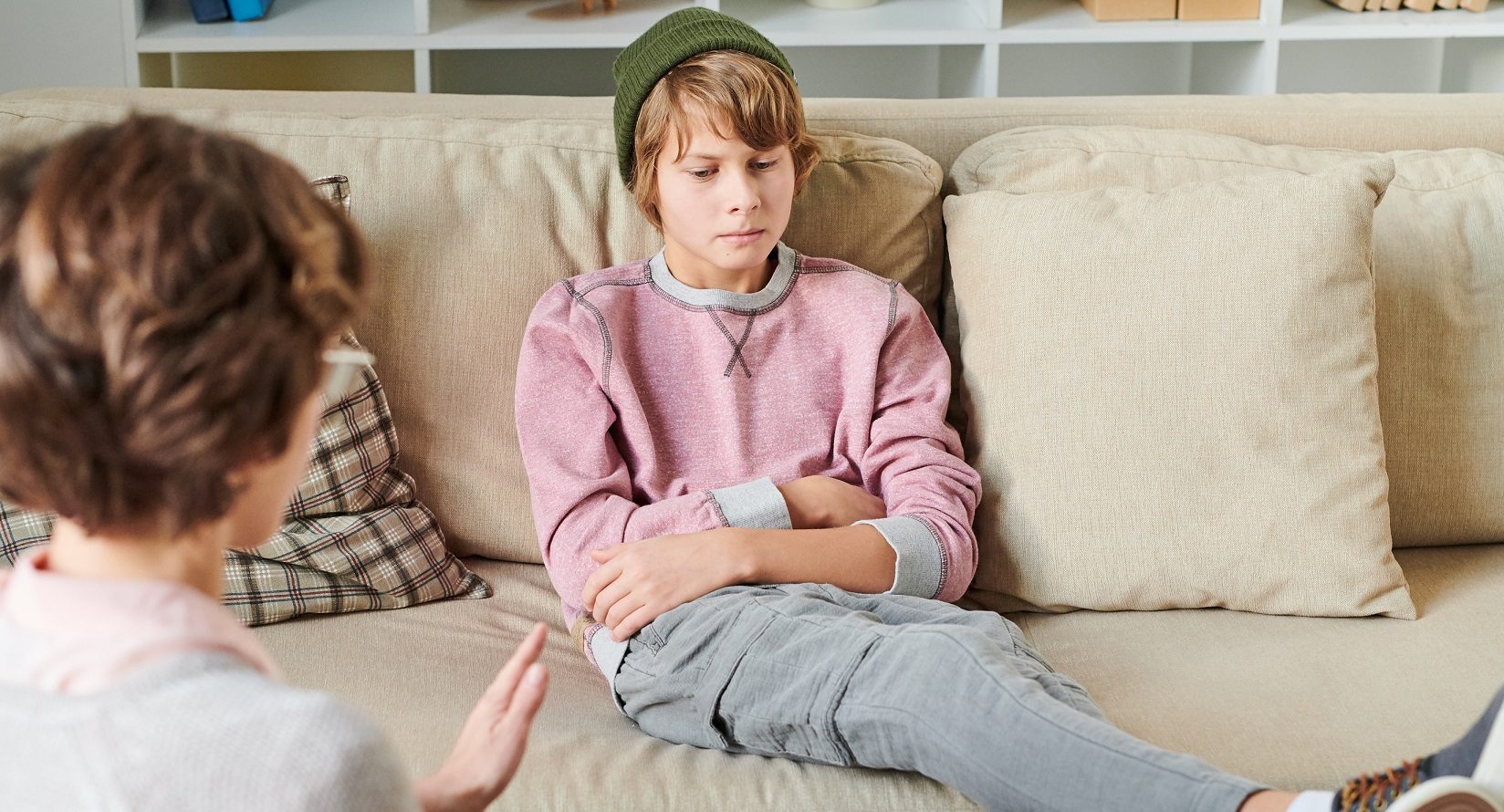Articles containing: family
AsperDad: Growing Up With a Parent on the Autism Spectrum (Maybe)

This blog post is part of a series entitled Real Lives, Real Stories.
The following person’s account of his/her personal experience has been published with her consent to support the mission of The Clay Center for Young Healthy Minds, and to let others in similar situations not feel so alone.
Is Your Teen an Emotional Sponge? – Shrinking It Down

Peers can be an excellent source of social support, and it’s great that more young people today talk to friends about their emotional challenges. But for every teen who shares, there’s another teen absorbing the info like an emotional sponge.
Nature Vs. Nurture, featuring Jordan Smoller, MD ScD – Shrinking It Down

Is it always nature vs. nurture, or do the two interact? Many parents worry that their own or a family member’s mental health disorder destine their children to struggle in the same way. But, while many psychiatric disorders do run in families to some extent, so do lots of things! Right down to food preferences and professions.
New Year’s Resolutions: How To Make Them Work

New Year’s resolutions…
Many of us have made them in the past, and I bet some folks have even followed through with them! But if we’re honest, most of us don’t follow through with the goals we set at the start of the year. One study found that less than half of those who made resolutions were still sticking them by June.
10 Self-Care Tips for Parents

Este artículo está disponible en español.
As parents, our main job is to take care of our kids, including our young adult children. It’s hard to think of anything more important than our children’s well-being. We worry about their academic success, social life, and recreational achievements.
11 Self-Care Tips for Teens and Young Adults

Este artículo está disponible en español.
Stress. Teens and young adults today are more stressed, anxious, depressed and lonely than ever – at least in the United States. At first glance, it’s hard to wrap your head around this fact.
Healthy Body, Healthy Mind

“When you feel good, you have a much better chance to make good decisions.” – Ming Sun
The divide between mind and body has been debated for centuries. As we learn more about how our physical health influences our mental well-being, this divide becomes harder to find.
9 Ways to Know If Your Child’s Mental Health Clinician Is Right for Them

As parents, we all want the very best for our kids – the best teachers, coaches, and health professionals, among others.
About one in five of our children, teenagers, and young adults will experience a mental health issue and ideally receive mental health care.
What Is a Personality Disorder?

I’ve always had a problem with the label “personality disorder,” and so have many of my patients. I think it’s because we typically associate “personality” with a “person,” so the term seems to suggest that there’s something wrong with the human being.
How to Prepare for a Parent-Teacher Conference if Your Child Has ADHD

It’s that time of year again. Kids are back in school. Teachers are getting to know your child, and your child is adjusting to the routine of being a student. Is a parent-teacher conference far behind? If you’re the parent of a child with ADHD, these conferences can fill you with dread.




